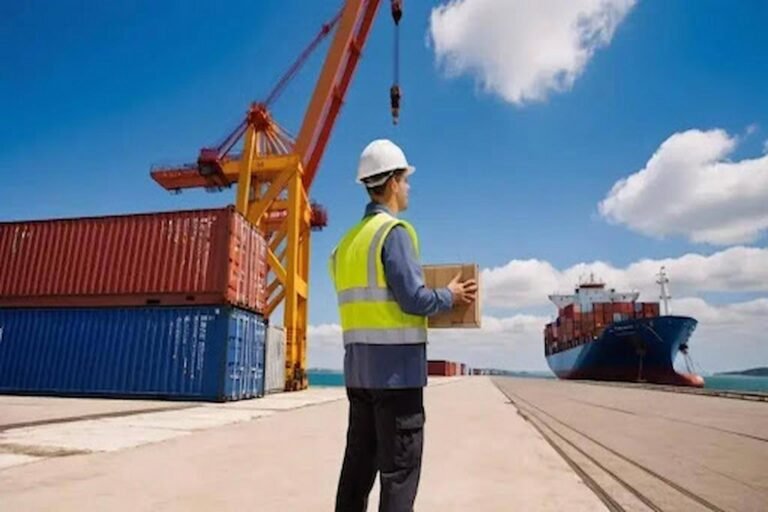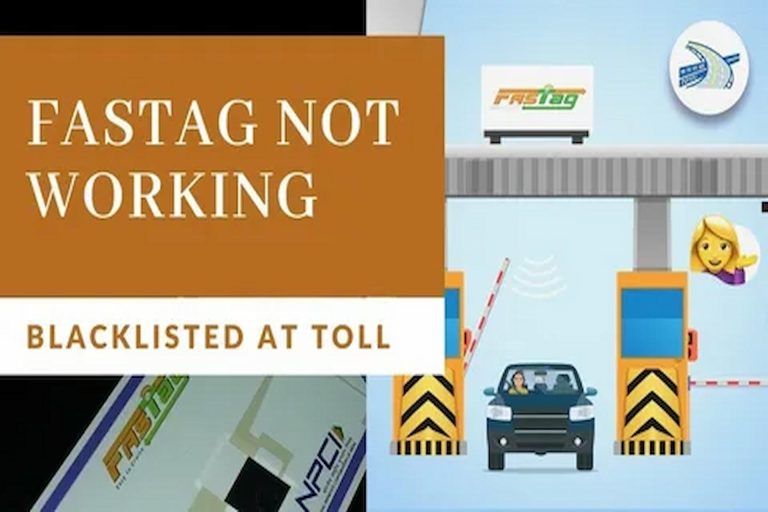As HMRC continue to drive compliance amongst businesses across all sectors, the number of individuals and organisations being visited by VAT officers has risen.
The prospect of a visit from a VAT officer can be a daunting one, which is why we have set out to provide advice on the process within this article.
Firstly, you may be wondering why a VAT officer has chosen to visit you…
There are a multitude of potential reasons as to why you are being paid a visit by HMRC, but a few common reasons are highlighted here:
1. You have previously been brought to their attention due to non-compliance in the past. This could be the fact that you have incurred regular default surcharge penalties, have been late in paying any VAT owed or perhaps not paid at all.
2. HMRC wish to verify your suppliers and/or customers
3. HMRC have received information from a third party
4. HMRC has detected higher than normal repayments or claims which haven’t previously been made
5. HMRC is targeting your particular industry, which has been identified as a risk sector
6. Previous VAT returns have failed a credibility check
Initially, HMRC may contact you by phone in order to resolve any queries, however based on past behaviour, VAT officers tend to prefer person to person visits in the first instance.
How will I know when VAT officers are visiting me?
HMRC usually contacts you via post or phone in order to arrange the visit ahead of time. In addition, within the initial correspondence, the VAT officer will detail which records will need to be made available on the visit, or may even ask for specific information to be sent in advance of the meeting.
Occasionally, VAT officers may visit unannounced; however this is usually when a full investigation is underway. In which case, it is best to seek out the advice of a VAT specialist immediately.
Which records do I need to make available to the officer?
As above, the specific records required will usually be requested prior to a visit, however the documents which are usually required include:
1. Purchase and sales books
2. Sales records – e.g. till rolls, sales invoices, purchase invoices
3. Bank documents – e.g. bank statements, cheque books, paying in slips
4. Annual accounts
How many officers will visit?
Usually, only one officer will attend a VAT meeting, however depending on the size of the organisation and/or intricacies of the case, additional officers may be deployed.
Does the business owner need to attend the meeting?
In all cases, it is strongly advised that the business owner is present at the meeting. Whilst other members of staff may be able to provide the relevant records and information to the officers, the principal of the business should be there to field any questions.
Can the VAT officers remove my records?
It is commonplace for the officers to request copies of various records whilst on a visit as this will allow them to examine records in further detail at their office. However, in some cases, original records can be taken. If this occurs, be sure to obtain receipts for each item removed from the premises. Also note that if this happens, it is highly recommended that you contact a VAT specialist for immediate advice.
What will happen after the visit?
During the visit, the officer will usually voice any concerns with you, especially if VAT is due. After the visit, the officer will write to you, detailing the concerns once more as well as providing an indication of whether an assessment is due. The officer may also issue you with a penalty notice.
What happens if I receive a VAT assessment?
Once the VAT assessment has been received, you can either agree with it and make payment, or alternatively, dispute the assessment and ask for further review. If a review goes ahead, it may result in a tribunal appeal. In this instance, professional advice should be sought.
In addition to the VAT assessment, you may be given a penalty. The level of penalty given will depend upon HMRC’s view of your conduct e.g. they will consider whether you have been careless in your behaviour or whether it was an intentional act on your part.
Whatever your VAT situation happens to be, it is important to seek professional advice as early as possible.
This article has been brought to you by Mavin and Co, UK specialists in tax investigations and disputesinvolving VAT, excise duty and customs duty. Find out more at www.mavinandco.com



